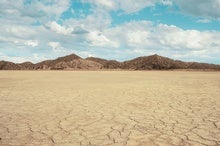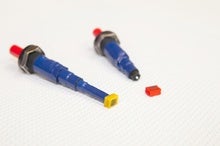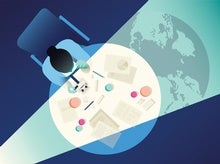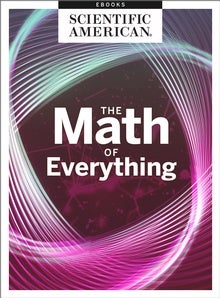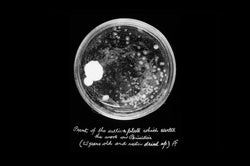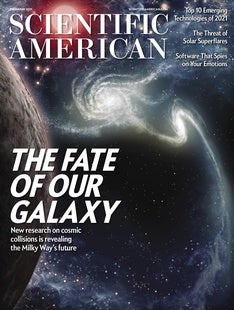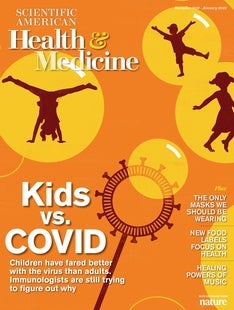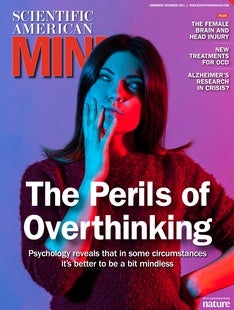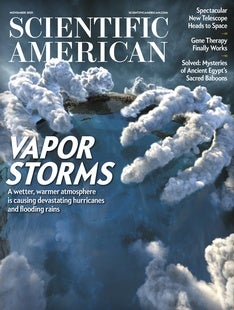 |
| November 30, 2021 |
Dear Reader,
When bacteria enter an open wound, they can create an infection that literally threatens life and limb. To catch the problem as soon as possible, researchers have developed a wearable gel-based sensor that can send an infection warning to a nearby phone. |
| |
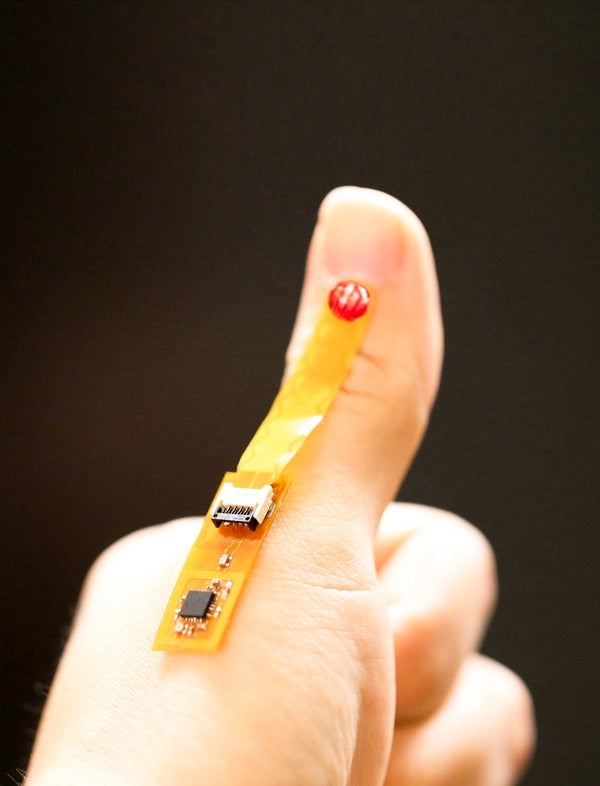 |
| |
| |
| |
| |
| |
| |
| |
| |
| |
FROM THE STORE
 | | The Math of Everything Galileo said that mathematics is the language of nature. This eBook examines math across disciplines, exploring how math is the backbone connecting the physical, social and economic worlds. From practical questions about the significance of p values and using math to fight gerrymandering to the top theoretical problems in the field, this collection looks at what math reveals about our universe. |  | | |
| QUOTE OF THE DAY
 "This is a case when something genuinely interesting is going on, but both the scientists and some of the coverage of the developments are promoting it as far more than it actually is." John Timmer, Ars Technica | |
| |
FROM THE ARCHIVE
 | | | |
LATEST ISSUES
 |
| |
| Questions? Comments?  | |
| Download the Scientific American App |
| |
| |



